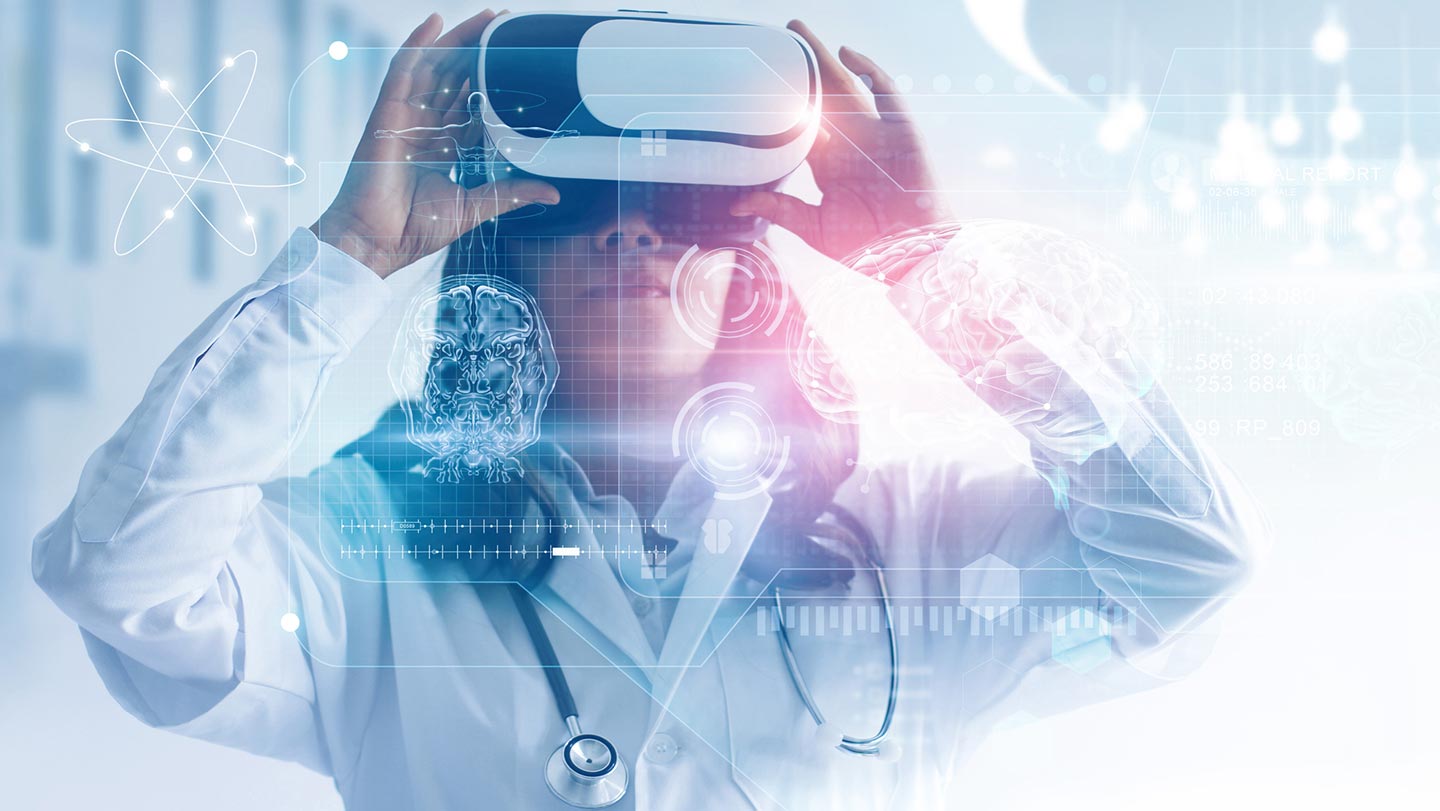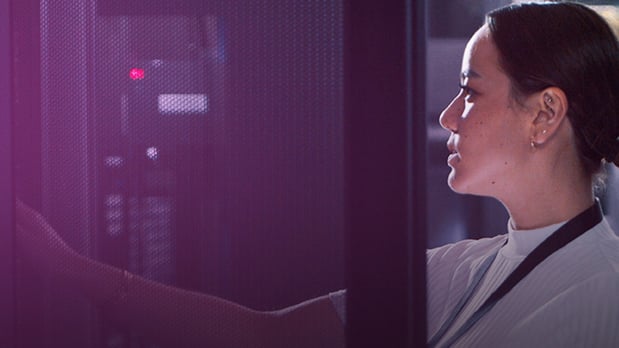Quantum Information Science and Technology (QIST) is the study and use of quantum mechanics to advance technology beyond what is currently possible. Rather than being a silver-bullet solution in every scenario, the fields of QIST represent technological advances well-suited to solving specific problems. Better simulations of extreme weather, new computational design techniques for pharmaceuticals, breakthrough approaches in materials that increase the efficiency of solar cells and batteries, and optimization techniques for complex supply chains are just some of the possibilities for quantum technologies.
As a leader in QIST, Booz Allen advises and researches alongside our clients to take advantage of QIST’s unique potential to pursue breakthrough solutions to specific challenges. At the same time, we help clients get ready for the massive changes to cyber infrastructure necessary to properly prepare for quantum computers’ impact on network security.
Explore how QIST can disrupt and revolutionize existing operations:
















